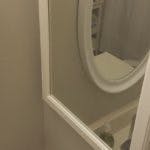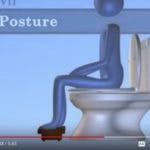Some providers believe that nighttime bedwetting can be categorized as "normal" until the age of seven. However, it is important to look at the whole body and other symptoms a child may be experiencing. Yes, bedwetting can be normal, and a child may grow out of it. But letting children try to grow out of it, and then waiting until they are older and realizing there is a problem, leads to a more challenging recovery.
Often a child who has difficulty staying clean and dry at night may also present with abdominal pain, constipation, or difficulty with gross motor skills (think: skills useful in physical education class). For example, a child may have limited coordination and also be struggling with bedwetting. Although it may not seem so, from a physical therapist's point of view, these two things can be extremely related to each other!
There are a variety of different reasons why a child may wet the bed (or have poop leaks) during their sleep at night. Constipation may be a contributing factor to why a child may have nighttime incontinence (look at the constipation services page for more information about why this is!). A child may also have any degree of sensory dysregulation. Normally a person senses something happening to or inside of their body. However, when a child has sensory dysregulation, that sensation is altered or decreased, which can lead to a child not knowing they need to use the restroom or being unaware of a leak that they had.
Physical therapists with specializations in pediatrics and pelvic floor therapy are able to identify when sensory dysregulation may be contributing to incontinence, and how to help a child improve their ability to sense their bodies appropriately to lead to an improved ability to stay clean and dry during the day, and at night!
Blog Articles



